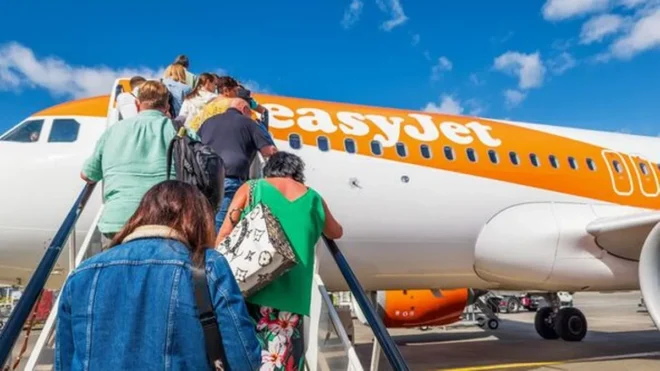
A recent study has revealed the airlines most affected by delays as a result of inebriated passengers — and the results of which airlines come out on top may surprise you
A recent study has revealed the number one airline impacted by delays caused by drunk passengers.
There’s nothing more exasperating than flight disruptions, whether they’re due to weather conditions, staff strikes or system faults. However, a recent study has illuminated the airlines most affected by delays caused by intoxicated passengers.
The results unveiled that EasyJet topped the list as the worst airline for this behaviour, with 29 percent of those disrupted by a drunk passenger stating it happened on one of their flights. Ryanair followed closely behind, named by 22 percent of respondents, reports Devon Live.
Other airlines mentioned included TUI and Jet2, cited by 12 percent and 10 percent of disrupted passengers respectively, reports the Express.
Interestingly, it wasn’t just budget airlines that made the list. British Airways, the nation’s premium flag carrier, was named by 15 percent of those disrupted, placing it third overall.
Nearly one in five passengers (17 percent) have experienced a flight disrupted by a drunk traveller, with holidaymakers more likely to encounter such disturbances. Leisure flyers reported a 17 percent disruption rate, while only 5 percent of business travellers faced the same issue.
It’s against the law — as per the Air Navigation Order — to board or be on a plane while intoxicated, but that doesn’t stop numerous passengers from breaking this rule. Those caught can face up to two years in prison and fork out up to £5,000.
Despite potential legal consequences, many flyers seem to be against introducing alcohol restrictions on flights. Around 29 percent are in favour of banning booze at airports, whilst 34 percent reckon airlines should put a restriction in place.
Nevertheless, the significant majority — 57 percent — are not on board with such sanctions.